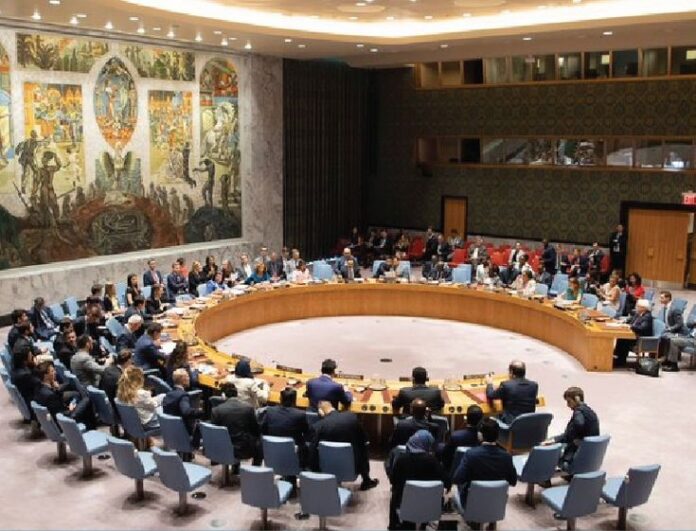Since its independence in 1947, India has played a significant role in the United Nations (UN), shaping global debates and standing as a voice for peace, justice, and equality. India was among the founding members of the UN and has, over the decades, left an indelible mark on international diplomacy. From peacekeeping missions to championing decolonization, India’s engagement with the UN reflects its commitment to building a fairer global order.
Champion of Decolonization and Equality
One of India’s earliest contributions at the UN was its strong advocacy for decolonization. Having recently freed itself from colonial rule, India took up the cause of other nations struggling for independence. Indian leaders like Jawaharlal Nehru and V.K. Krishna Menon used the UN platform to argue against colonialism and racial discrimination. India was particularly vocal against apartheid in South Africa, bringing the issue to the UN General Assembly in 1946. This marked one of the first instances of apartheid being debated at the UN, showcasing India’s proactive stance on human rights.
India and the Kashmir Question
India’s own disputes also became part of the UN’s agenda. In 1948, the Kashmir conflict was brought before the Security Council after Pakistan’s invasion of the region. India argued its case while committing to democratic principles. Although the issue remains unresolved, India’s early engagement highlighted both the possibilities and limitations of the UN in mediating complex territorial disputes.
Leadership in Peacekeeping Operations
Perhaps India’s most widely recognized contribution to the UN is its role in peacekeeping. Since 1950, India has sent more than 200,000 troops across 49 UN missions, making it one of the largest contributors in history. Indian peacekeepers served in Korea, Congo, Cyprus, Lebanon, and Sudan, often under challenging conditions. Their dedication earned global respect, and India’s peacekeeping record became a testament to its philosophy of “Vasudhaiva Kutumbakam” – the world is one family.
The Historic Speech of Krishna Menon
One of the most iconic moments of Indian diplomacy at the UN was V.K. Krishna Menon’s marathon speech in 1957 during the debate on Kashmir. Lasting over eight hours, it remains one of the longest speeches in UN history. While controversial, it showcased India’s determination to defend its position and demonstrated how the UN could serve as a battleground for ideas, not just wars.
Nuclear Disarmament and Global Peace
India has consistently championed nuclear disarmament at the UN. Prime Minister Rajiv Gandhi’s 1988 action plan for a nuclear-free world was a bold proposal calling for the elimination of nuclear weapons by the year 2010. Although the plan did not materialize, it reinforced India’s image as a responsible advocate for peace and non-violence. At the same time, India faced criticism after its own nuclear tests in 1974 and 1998, sparking debates about the balance between national security and global disarmament commitments.
Role in Global South and Non-Aligned Movement
India has used the UN to amplify the voices of developing nations. Through the Non-Aligned Movement, India stressed the importance of neutrality during the Cold War and argued for equitable global development. In UN forums, India pushed for economic justice, technology sharing, and reforms in global financial structures. This leadership role earned India credibility among the Global South.
The Quest for Security Council Reform
A recurring theme in India’s engagement with the UN is its demand for reform of the Security Council. As the world’s largest democracy and a nation of over 1.4 billion people, India has long argued that it deserves a permanent seat at the Council. Successive governments have stressed that without India’s inclusion, the Security Council cannot reflect contemporary global realities.
India’s journey at the UN is a story of ideals, challenges, and aspirations. From supporting decolonization to shaping peacekeeping missions, from opposing apartheid to demanding reforms, India has used the UN as a stage to project its diplomatic vision. While some of its goals remain unfulfilled—such as Security Council reform—India’s contributions have undeniably defined key moments in UN history. As global politics evolves, India’s role at the UN will remain crucial in steering diplomacy toward peace and inclusivity.



